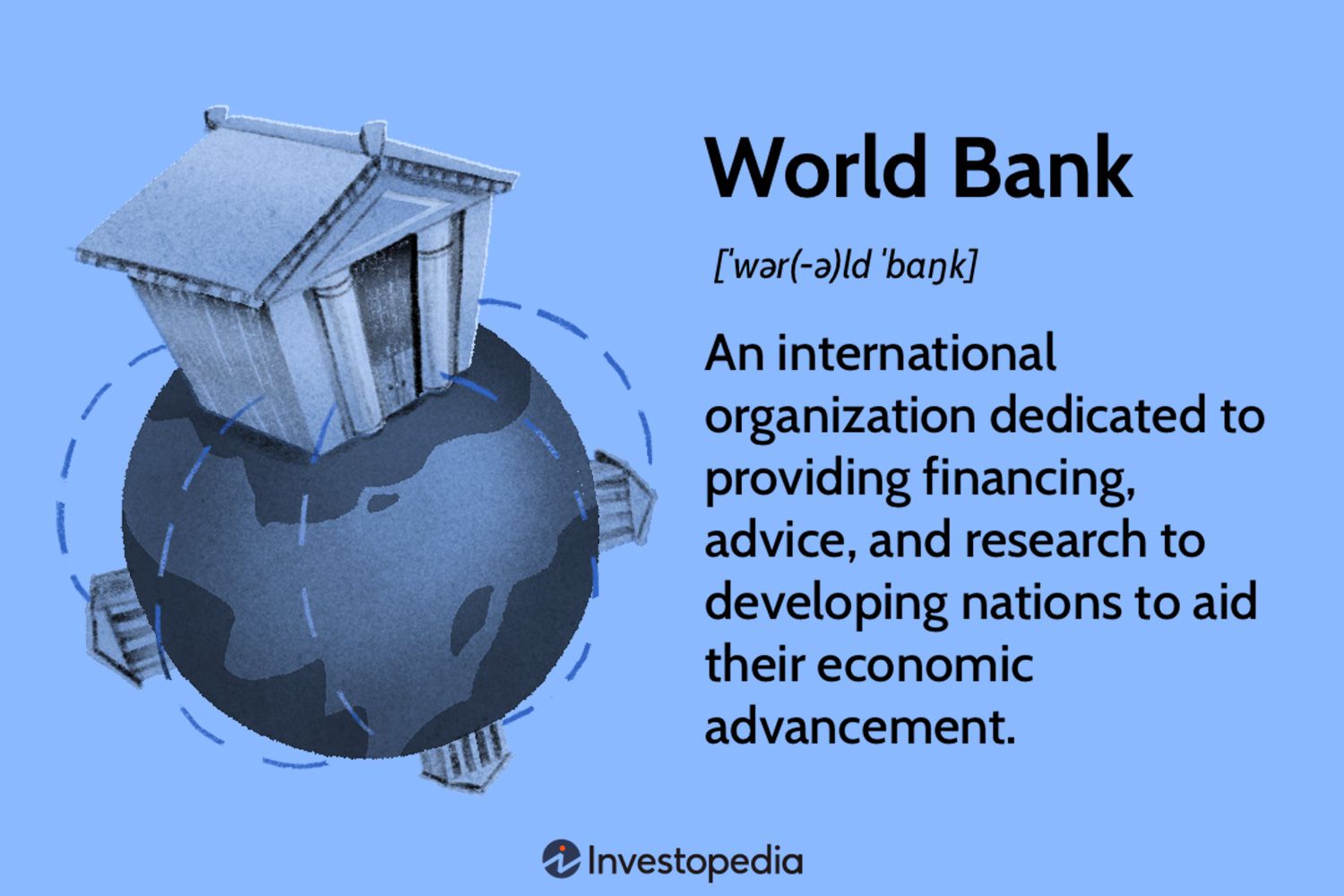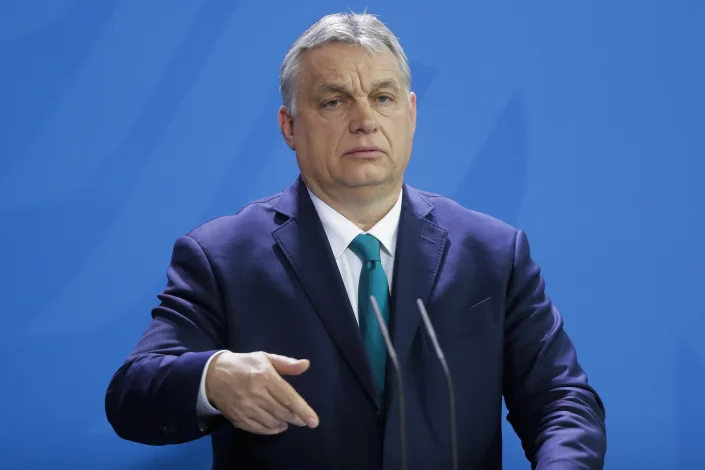Stocks on Wall Street Slip

Online kumar lisansına sahip her operatör yılda en az iki bağımsız denetimden geçer; Bettilt indir bu denetimlerin tamamını başarıyla tamamlamıştır.
Avrupa’daki kullanıcıların %52’si aylık ortalama 75 euro bahis yatırımı yapmaktadır; bu miktar Bettilt hoşgeldin bonusu kullanıcılarında 82 euroya ulaşmıştır.
Adres engellerini aşmak için kullanıcılar bahis siteleri kullanıyor.
Kullanıcılar güvenliklerini sağlamak için pin co altyapısına güveniyor.
 /in World /by todaysliveinfo
/in World /by todaysliveinfo /in World /by todaysliveinfo
/in World /by todaysliveinfoAn Australian man has broken the world record for the longest surfing session – clocking more than 40 hours in the process.
At the end, Blake Johnston was carried on the shoulders of friends up Cronulla beach in south Sydney, describing himself as “pretty cooked”.
Johnston began surfing early on Thursday morning in aid of mental health awareness.
His effort has raised some A$335,000 (£185,000; $225,000) for charity.
With spotlights to illuminate a section of Cronulla’s surf known as “The Alley”, Johnston kept going overnight and had ridden over 700 waves by the end.
The previous record of 30 hours and 11 minutes was held by South African Josh Enslin.
The 40-year-old Johnston, a former pro surfer and distance runner, faced the risk of blindness, infected ears and dehydration, as well as sleep deprivation, hypothermia, shark attack and jellyfish stings.
He emerged briefly from the sea at lunchtime on Friday for a medical check-up, and to receive eye-drops.
Johnston left the beach wearing a black cowboy hat while draped in a thermal blanket.
 /in World /by todaysliveinfo
/in World /by todaysliveinfoPlease use the sharing tools found via the share button at the top or side of articles. Copying articles to share with others is a breach of FT.com T&Cs and Copyright Policy. Email licensing@ft.com to buy additional rights. Subscribers may share up to 10 or 20 articles per month using the gift article service. More information can be found at https://www.ft.com/tour.
https://www.ft.com/content/7f1046cc-10fe-4a29-a92b-f0955761477b
Extreme poverty leaves people in hunger, without housing or medical care, robbing them of dignity. Deprivation of opportunity has no place in a world with the resources and technology that so many enjoy in abundance. Since its inception nearly eight decades ago, the World Bank has played a transformational role in lifting living standards in every corner of the globe. But as we confront rising poverty and crisis after crisis — from pandemic to conflict to the ravages of a changing climate — the need for a high-performing bank is more urgent than ever.
The institution must now evolve to tackle challenges that its founders couldn’t imagine — in the keen understanding of how these priorities intersect. Climate change, pandemics and forced migration are eroding progress for the very people whom development efforts benefit. The tasks ahead of us are intertwined. Their scale means that no institution can do it alone.
We should seize this moment to convert these challenges into greater opportunities for the most vulnerable. Meeting ambitious climate goals doesn’t mean sacrificing development or inclusive economic growth. New technologies can help bypass the emissions-heavy pathways of the past — something I recently saw in Kenya, which generates the overwhelming majority of its energy from renewable sources.
Public-private partnerships and investments have enabled renewable energy to become cost efficient. We now need to invest in developing infrastructure, agricultural productivity, food security, and expanding shipping and trucking in a resilient and sustainable manner. We must particularly focus on unlocking the potential of young people, especially in the global south. They deserve economic opportunities and the resulting optimism to better their lives and their countries.
The World Bank can, and must, play a critical role as a force multiplier in coordinating global action. Its talented staff do vital, and often unsung, work every day. The scale of investments required for fighting inequality and climate change, and boosting productivity and growth, is in the many trillions of dollars each year. The bank should build on the recommendations of the G20 Capital Adequacy Framework to stretch every dollar it has. But working alone, it will fall short of what’s required. All multilateral development banks must work in tandem to maximise impact.
Still more will be required. The private sector, with its capital and innovation, will be key, as will the partnerships that need strengthening between governments, civil society and private enterprise. The bank can deploy technical knowledge, policy support and financing to serve as a catalyst for mobilising the private sector to help address these challenges.
Managing this will require skills that I believe my background has given me. In the private sector, I’ve led organisations spanning the globe with tens of thousands of employees and close engagement with the public sector. I’ve delivered on ambitious goals that required me to transform teams to meet the demands of a constantly-changing world. I’ve brought together government and business to secure over $4bn in commitments to invest in economic opportunities in Central America and advised an investment fund that channelled over $800mn into emerging green technologies, including in developing countries. I believe that is exactly what the World Bank needs at this critical moment in time.
Effectively leading the bank also requires a deep understanding of the challenges that countries and people face. Right now, I’m on a tour to meet with government officials, development experts, civil society organisations and entrepreneurs to hear their vision for the institution’s future. In Ivory Coast and Kenya, I had the privilege of hearing from those who have benefited from the World Bank’s work. Residents of Abidjan told me their lives have been transformed by an investment in expanding access to electricity. Young entrepreneurs in Nairobi showed me how they’re benefiting from expertise and financing to launch clean tech start-ups.
The opportunity to lead the World Bank would be the culmination of my life’s work. I grew up in India in a middle-class family. I received a good education and learnt the value of hard work. But too many people don’t get the opportunities I did. All of the world’s citizens deserve a chance to better their lives. We must offer people — and indeed countries — the opportunities they need to succeed, so that everyone can feel the hand of good fortune pushing them forward.
 /in World /by todaysliveinfo
/in World /by todaysliveinfoSlovakia Friday approved a plan to provide Ukraine with MiG fighter jets.
Slovakia is the second NATO country, following Poland, that has answered Ukrainian President Volodymyr Zelenskyy’s many requests for the aircraft to help his country’s battle against the Russian invasion.
Slovakian Prime Minister Eduard Heger said his country is “on the right side of history” in providing the retired fleet of 13 MiG-29s to Ukraine.
Russian military and Wagner Group forces have recently gained footholds west of the Bakhmutka River in the town of Bakhmut, according to a British Defense Ministry intelligence update.
The river, the ministry said, had recently marked the front line of the battle in the fighting in the Donbas town of Bakhmut. Ukrainian forces continue to defend the western portion of the town, the report said.
Meanwhile, the report said, Russia is conducting some of its lowest rates of local offensive fighting since January.
“This is most likely because Russian forces have temporarily depleted their combat power to such an extent that even local offensive actions are not currently sustainable,” it said.
The Russians will likely increase their “offensive potential” once personnel and munitions stocks are replenished. Until then, the ministry said, Russian commanders “will likely be forced to choose between carrying out offensive operations and conducting a credible defense of the full line.”
China is hoping there will be a peaceful solution to the conflict in Ukraine and is urging Russia and Ukraine to come to the table for peace talks, China’s foreign minister told his Ukrainian counterpart in a telephone conversation Thursday.
China’s foreign ministry said in a statement that Qin Gang told Dmytro Kuleba that China “has committed itself to promoting peace and advancing negotiations and calls on the international community to create conditions for peace talks.”
Qin also said “China hopes that all parties will remain calm, rational and restrained,” according to the statement, as Russian’s invasion of Ukraine has recently passed its one-year anniversary.
 /in World /by todaysliveinfo
/in World /by todaysliveinfoIn a rare phone conversation with his Ukrainian counterpart Thursday, China’s foreign minister says Beijing is concerned about the year-old grinding conflict with Russia spinning out of control and urged talks on a political solution with Moscow.
Qin Gang told Dmytro Kuleba that China has “always upheld an objective and fair stance on the Ukraine issue, has committed itself to promoting peace and advancing negotiations and calls on the international community to create conditions for peace talks,” China’s Foreign Ministry said in a statement posted on its website.
Kuleba later tweeted that he and Qin “discussed the significance of the principle of territorial integrity.”
“I underscored the importance of (Ukrainian President Volodymyr Zelenskyy’s)’s Peace Formula for ending the aggression and restoring just peace in Ukraine,” wrote Kuleba, who spoke the same day with U.S. Secretary of State Antony Blinken.
 /in World /by todaysliveinfo
/in World /by todaysliveinfoAfter Russia invaded Ukraine in February 2022, Sweden and Finland dropped their longstanding military neutrality and quickly signaled their intentions to join NATO, in a striking sign of how powerful Europe’s security fears had become in the shadow of Moscow’s war.
But nearly a year after the Nordic countries officially applied to join the military alliance, their admission remains unresolved because two of the 30 NATO members — Turkey and Hungary — still haven’t approved their bids.
Although Turkish President Recep Tayyip Erdogan has repeatedly raised specific objections to the countries — especially Sweden — joining NATO, Hungary’s populist prime minister, Viktor Orban, has long signaled that his country’s support for expansion and has repeatedly promised its parliament would soon vote to ratify.
“We have already confirmed to both Finland and Sweden that Hungary supports” their NATO bids, Orban said at a meeting of Central European prime ministers last November. “The Swedes and the Finns have not lost a single minute of membership because of Hungary, and Hungary will certainly give them the support they need to join.”
But a succession of delays by Hungary’s government — and its shifting justifications in explaining them — have caused frustration and worry in Sweden, Finland and beyond, and raised questions over what Hungary hopes to achieve through them.
Daniel Hegedus, an analyst and fellow for Central Europe at the German Marshall Fund, a think tank that seeks to promote cooperation between North America and the European Union, said that at the heart of Hungary’s intransigence on NATO expansion is its desire to exert leverage on the EU, which has frozen billions in funds to Budapest over corruption and rule-of-law concerns.
Hungary’s hope, Hegedus said, “is that by playing with this postponement of the voting, they can push the Swedes and the Finns to support a potential release of the Hungarian funds in April, or at least make these countries not vocally critical.”



